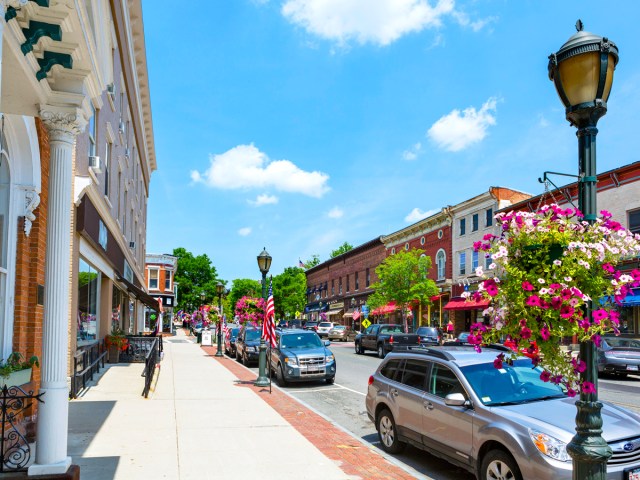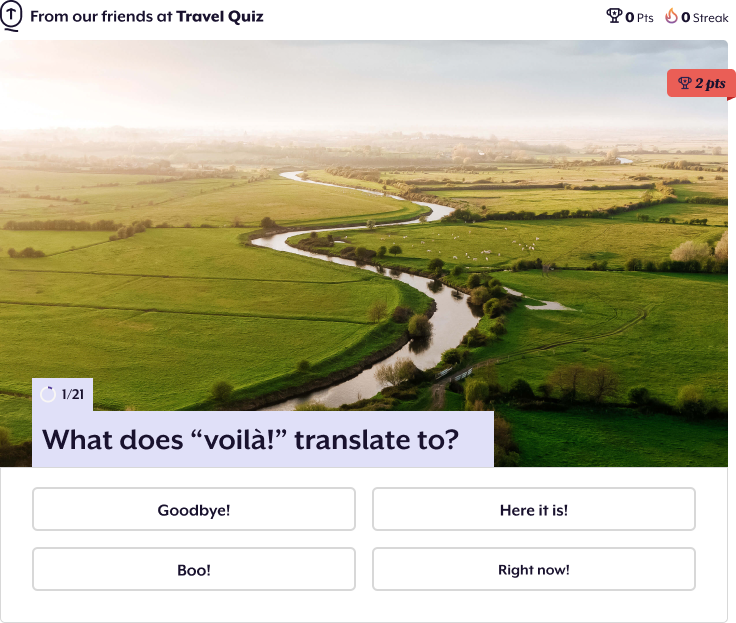If you have some cash in your wallet, it was almost certainly printed in one of two locations: the Bureau of Engraving and Printing’s facility in either Washington, D.C., or Fort Worth, Texas. BEP has manufactured the nation’s paper currency since 1862, a process that also includes designing and engraving. However, there’s one notable exception to this rule: the Berkshires. This mountainous, 98-mile stretch of western Massachusetts and northwestern Connecticut prints its own money. Known as BerkShares, the initiative was launched in 2006 as a means of bolstering the local economy and incentivizing community-mindedness. Here’s how this peculiar local U.S. currency came to be.
All Debts Public and Private

Make no mistake: BerkShares aren’t funny money. In addition to being accepted by over 300 locally owned businesses in the Berkshires region, the currency is backed by U.S. dollars on reserve at area banks. And Berkshares are even exchangeable for USD at six branches of those banks. Many of those businesses offer discounts to customers paying with BerkShares, and the exchange rate is fair as well: One dollar will get you one BerkShare. If and when you need to exchange them for USD, you can do so at the same rate and pay a modest 1.5% exchange fee.
In addition to their role in building up the local community, Berkshares are aesthetically pleasing. They feature the likes of W. E. B. Du Bois, Herman Melville, and Norman Rockwell — luminaries who were all born and raised or spent significant time in this bucolic area.
The notes themselves come in denominations of one, five, 10, 20, and 50. More than 10 million BerkShares have been issued since 2006, and there’s a directory listing every business that accepts them. The list includes museums, restaurants, playhouses, grocery stores, doctors, and inns, just to name a few.
A BerkShare Saved Is a BerkShare Earned

BerkShares aren’t just meant to inspire members of the community to think locally — they’re also intended to spare small businesses from credit card processing fees and keep money circulating in the area.
Berkshire County has a population of less than 130,000 people, and it is known to be a tight-knit community. BerkShares are an idealistic endeavor designed to “lay a foundation for a vibrant, more sustainable economy” and “empower businesses to keep money circulating in the region, thereby contributing to a greater local multiplier effect,” according to the official BerkShares website. In other words, if you happen to be visiting the region and you need to buy some groceries, consider doing so at the local mom-and-pop shop rather than a big-box retailer.
You may be wondering, though, how BerkShares are considered legal. Interestingly, while the U.S. dollar is the only legal tender in the country, local currency is allowed under federal law as long as the currency is paper scrip, not coins, and doesn’t too closely resemble the U.S. dollar.
The Berkshires isn’t the first part of the U.S. to toy with the idea of issuing its own regional currency, either. In 2020, the small town of Tenino, Washington, began printing its own money on sheets of local wood, in an effort to stimulate the local economy during COVID-19 lockdowns. The concept might actually be more common than you think — according to one study, 3,500 to 4,500 similar systems have been recorded in 50 countries around the world.
Featured image credit: Darren McCollester via Getty Images News
More from our network
Daily Passport is part of Inbox Studio, an email-first media company. *Indicates a third-party property.

















